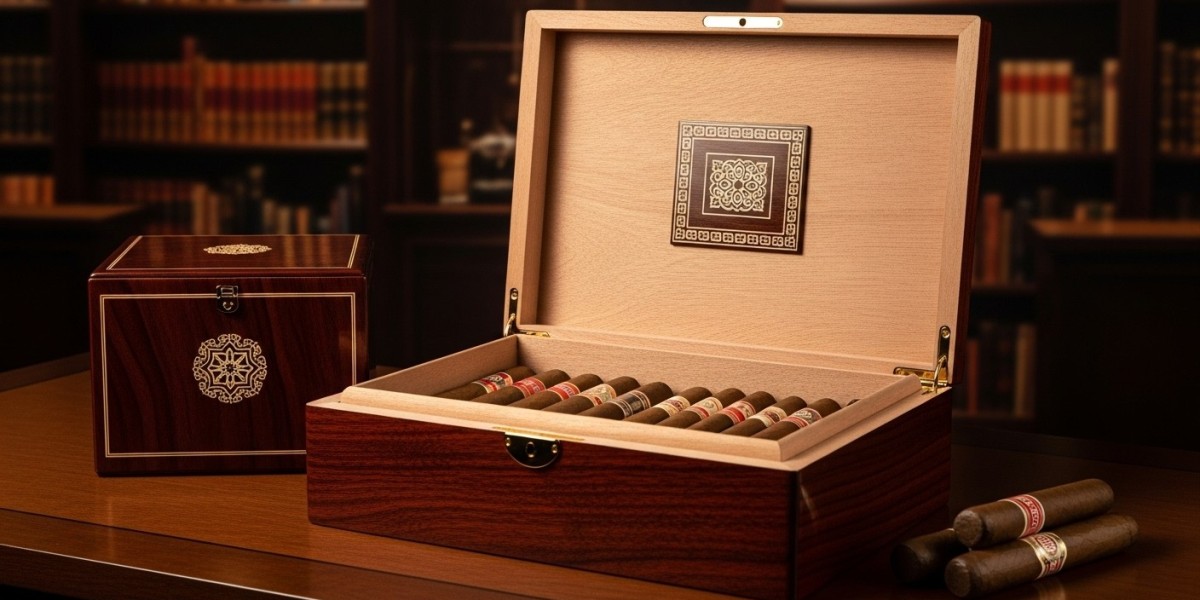Improve Trust & Communication with Counseling
Have you ever felt like you're talking, but not really being heard? Or maybe you feel distance growing between you and someone you care about deeply. Relationships are not always smooth sailing, but that doesn’t mean they’re broken. With the right tools and support, communication can improve, trust can be rebuilt, and harmony can be restored. That’s where positive relationship counseling comes in a powerful way to strengthen the bonds that matter most.
Understanding Positive Relationship Counseling
Positive relationship counseling focuses on identifying what’s working in a relationship and building on it. Unlike traditional therapy that might dive into the past or dwell on conflict, this approach is forward-looking. It's about strengthening the emotional connection, improving communication patterns, and helping people understand each other better. Think of it as a tune-up for your emotional engine rather than a trip to the repair shop.
Why Communication Often Breaks Down
Let’s face it life is busy and stressful. Between work, kids, bills, and the endless scroll of social media, it’s easy to drift apart. Often, we assume our partner or loved one just "gets us." But when needs go unspoken, and feelings stay bottled up, miscommunication sneaks in like static on a radio station. Counseling helps turn that static back into clear, meaningful dialogue.
The Link Between Communication and Trust
Trust is the glue in any relationship, and communication is how that glue sticks. When communication is open and honest, trust grows. But when it's missing or negative, cracks begin to form. One small lie or misunderstanding can spiral into suspicion and resentment. Positive relationship counseling brings both parties back to the table not just to talk, but to truly connect and rebuild trust.
The Role of a Relationship Counselor
A relationship counselor isn't there to take sides or play referee. They’re more like a coach, helping both people become better teammates. They guide conversations, introduce helpful strategies, and create a safe space for openness. It’s not about blame, it’s about growth. A counselor listens deeply and helps turn emotional roadblocks into stepping stones.
How Counseling Builds Trust Step by Step
Trust isn’t built overnight. It takes time, patience, and effort. In positive relationship counseling, couples or partners engage in activities that foster emotional safety. This might include sharing vulnerable experiences, practicing forgiveness, and learning how to apologize sincerely. Each small victory reinforces the foundation of trust. Like laying bricks, each positive interaction becomes a building block for a stronger connection.
Listening vs. Hearing: The Game Changer
There’s a big difference between listening and hearing. Hearing is passive, you catch the words. Listening is active you feel the message. Positive relationship counseling teaches how to listen with empathy. That means tuning in with your heart, not just your ears. When someone truly listens, the other person feels valued, understood, and respected. That’s when walls start to come down.
Tools Used in Positive Relationship Counseling
Counselors use a range of tools and exercises to help improve relationships. These might include role-playing, guided conversations, journaling, and communication games. Some use metaphors like "emotional bank accounts" where each positive interaction makes a deposit, and negative ones withdraw. These tools make abstract emotions more concrete and manageable.
Benefits Beyond the Relationship
What’s surprising is that the benefits of counseling extend beyond your immediate relationship. Better communication skills can improve your work life, parenting, and even friendships. You become more aware of your own emotions and how to express them clearly. It’s like learning a new language the language of connection.
Common Misconceptions About Counseling
Some people think counseling is only for relationships on the brink of collapse. Not true. It’s for anyone who wants to improve their connection, whether they’re dating, married, or even just close friends. Another myth is that it’s awkward or uncomfortable. But most people find it relieving and empowering. Think of it as emotional fitness training.
Stories of Real Change
Many people who start counseling unsure or skeptical end up surprised by the progress they make. One couple who couldn’t get through a dinner without arguing found themselves planning a vacation together after a few sessions. Another client said counseling helped her understand her partner’s silence wasn’t rejection, it was just his way of processing. These stories remind us that change is always possible.
Making the First Step Toward Counseling
The hardest step is often the first one. It can feel vulnerable to admit you need help. But reaching out is a sign of strength, not weakness. Most people wish they’d started sooner. Finding a qualified relationship counselor is the beginning of turning things around and rebuilding connection and harmony.
Setting Expectations and Goals in Sessions
In the early sessions, couples set shared goals. This could be improving communication, resolving a recurring conflict, or reigniting intimacy. These goals give sessions structure and purpose. Counselors also track progress and celebrate small wins, which keeps motivation high and builds momentum.
How to Choose the Right Counselor
The right counselor makes all the difference. Look for someone experienced, certified, and who makes both people feel comfortable. Many counselors offer free intro sessions or phone calls. Trust your gut. A good fit can accelerate progress, while a poor match might stall it.
Conclusion
Relationships take work, but they’re worth it. When we invest time and effort into communication and trust, the rewards are lasting. At Inner Harmony, Positive relationship counseling offers the support, skills, and space we all need to grow closer, understand deeper, and love better. If you’ve been feeling disconnected or stuck, maybe it’s time to give counseling a try. After all, even the strongest relationships need a little tune-up now and then.








